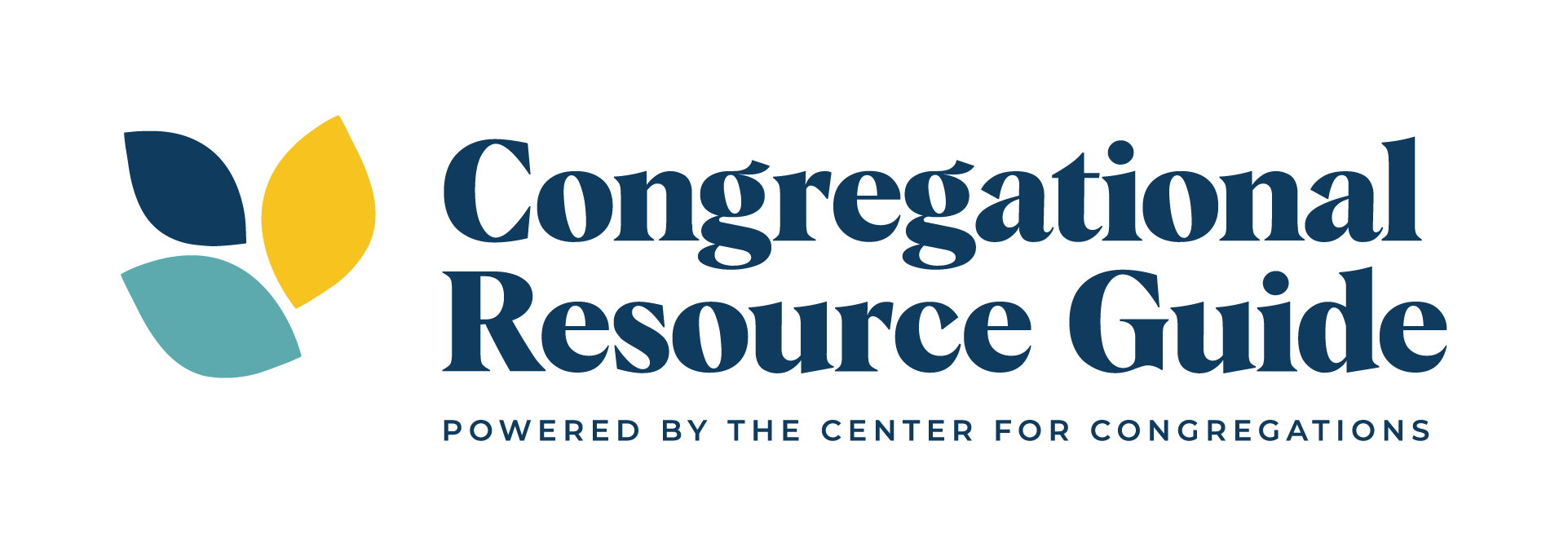Description
This article educates congregations on the importance of the clergy-congregation relationship in fostering overall vitality and growth. Tim Shapiro, President of the Center for Congregations, emphasizes that strong relationships are built on a shared mission, respect, and professional friendship, which can enhance congregational flourishing. This article supports congregational leaders in recognizing and nurturing the essential connection between clergy and lay leaders, guiding them toward a collaborative approach that aligns with their spiritual goals.
Features
- Examples of successful clergy-congregation relationships
- External resource links for additional information on the topic
- Practical insights into building strong, purposeful connections
Practical Applications
- Read this article to understand how clergy and lay leaders can foster a healthier relationship.
- Learn strategies to enhance communication and collaboration within your congregation.
- Share Shapiro's insights with your leadership team to strengthen communal goals.
- Create opportunities for shared experiences that align with your congregation's mission.



